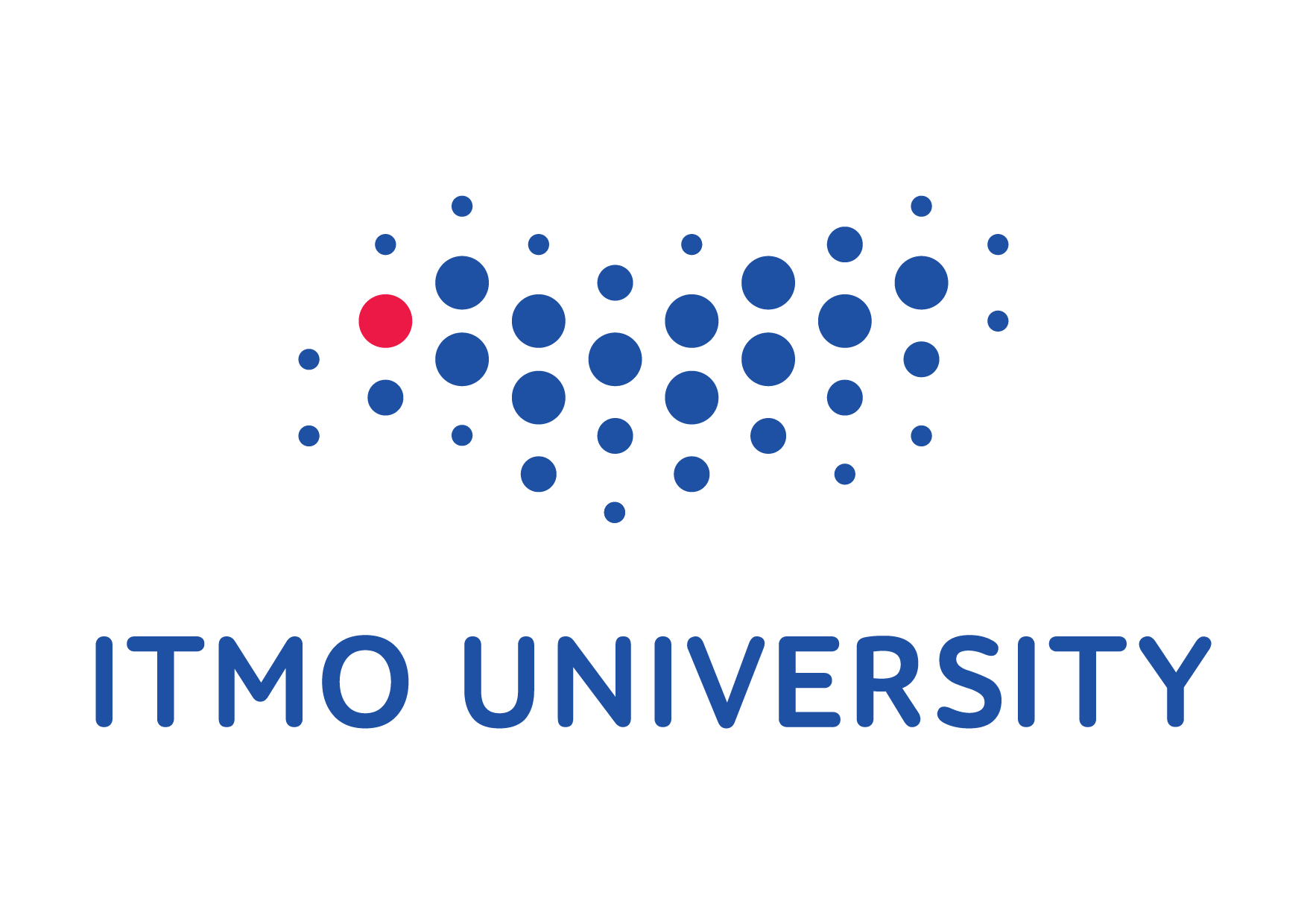ITMO: ITMO Launches State-Supported Continuous Professional Development Courses in AI
In collaboration with , the Russian Ministry of Economic Development and other universities, ITMO has launched online courses for professional training in AI which will allow ITMO students, graduates, and staff to learn more about analytics, predictive modeling, and AI architecture. A major part of each student’s tuition fee (up to 85,000 rubles) will be covered by the government.
Boost your IT skills
Within the Digital Economy national program, the Ministry of Economic Development collaborates with Russian universities to help the country’s citizens acquire additional professional training with state funding and receive a digital certificate of completion.
ITMO has been participating in the initiative since 2020. As explained by Dmitry Shuklin, head of the Department of Corporate Training and Professional Development, at first the university launched short-term courses in data analytics and machine learning and starting from last year, ITMO has been holding courses within the Digital Professions project. This year, the university has successfully passed the selection to be able to run its courses in the field of AI on the University 20.35 platform.
“We are planning to have around 900 students complete our courses by the end of 2022. As university students are welcome to join, too, they can use the courses to prepare for entrance exams to ITMO’s Master’s programs in AI. This year, we are focusing on delivering high-quality training to receive positive feedback and attract even more students in the following years, as the project will last until 2024,” says Dmitry Shuklin.
What you can learn
All courses will start on September 1, 2022 and will take 4 months to complete with a total of 250 academic hours. ITMO University is the only university to offer two programs. The first is , jointly developed by the and the . Students of the course will learn about data processing and analysis, software engineering and design in AI based on computational infrastructure, as well as common business practices in various fields.
“Thanks to this and similar programs, the contents of AI courses have shifted to meet the demands of this priority field. This course is meant to develop a comprehensive engineering vision, equipping students with practical training in implementation and application of AI systems in real-life cases, with an emphasis on software engineering technologies. Given the current lack of trained specialists in AI architecture, after completing the course, students will be able to land jobs at research institutions, as well as various IT, industrial, financial, retail, and logistics companies,” explains Alexandra Klimova, deputy head of the National Center for Cognitive Research.
The second course offered by ITMO is , delivered by the , who have already successfully implemented their courses within the initiative and beyond, including a joint Master’s program in data analysis with Yandex and a continuing professional development course in data analysis technologies.
“This course focuses on the methods and technologies of intelligent data analysis. Students will learn to work with big data and SQL, use statistics to build probability models and make predictions, apply Python for data analysis, detect patterns and anomalies with machine learning, as well as apply machine and deep learning for such tasks as natural language processing and computer vision. Moreover, students will learn to work in a team, divide their responsibilities, and present their solutions. As intelligent data analysis is needed in many fields, upon completing the course, students will be able to find jobs in banking, retail, administration, healthcare, and industry,” says Elena Mikhailova, head of the Higher School of Digital Culture.
Both courses will feature cases from such established companies as Gazprom Neft, Digital Design, Bank Saint Petersburg, and others. Moreover, the courses will feature webinars and consultations with the university’s lecturers. Upon defending their projects at the end of the course, students will receive professional development certificates.

